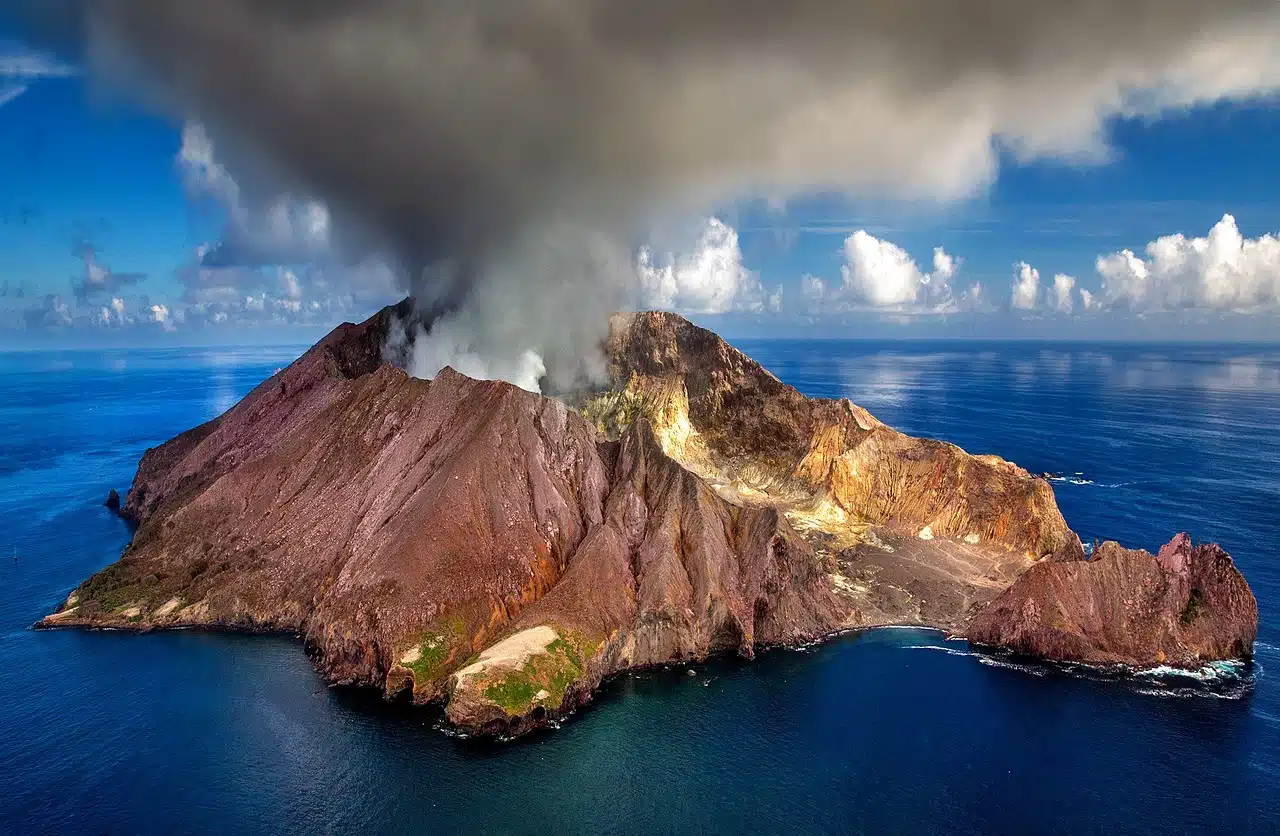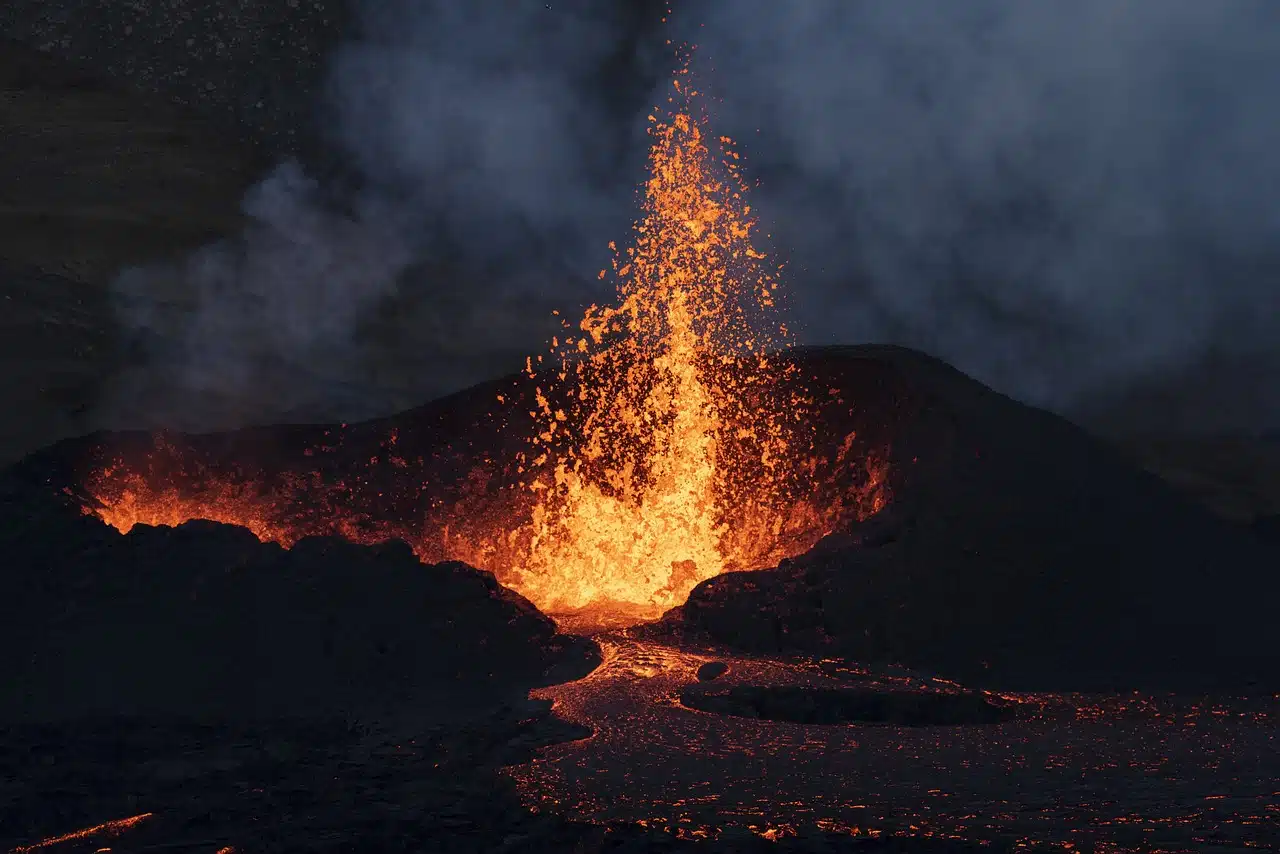
Volcanism analyzes the functioning of volcanoes.
Vulcanism is a concept linked to Vulcan , the god of fire and methane according to Roman mythology. For geology , it is the system that explains the formation of the globe from the action of internal fire.
Volcanoes are conduits that establish direct communication between the Earth 's surface and the deep levels of the crust. A volcano, therefore, is an opening that is usually found in mountains and that, from time to time, expel lava, ash, gases and smoke, in a process called eruption .
Specifically, it is established that there are three types of materials that are expelled to the surface when the eruption takes place: lava , which is liquid and creates two types of volcanoes (conical and shield-shaped); pyroclasts , which are the solid part of the eruption and are formed from the lumps of lava that are generated (there are very different types, such as blocks, lapilli, volcanic dust and volcanic bombs); and phases (the gaseous part of any volcanic eruption , both fumaroles and solfataras or skunks)
These eruptions take place when magma (the mixture of molten rock and gases, among other components) that is under pressure begins to rise until it comes to the surface through the volcano's chimney. The types of volcanic eruptions are determined by temperature, composition, elements dissolved in the magma and viscosity, for example.
Types of volcanoes
Among the types of volcanoes, it is possible to distinguish between an inactive or extinct volcano (when there are no records of eruptive activity) and an active volcano (those that record eruptive activities or that recorded them recently).
In addition to those mentioned, we must not forget the volcanic shields , the complex cones , the composite volcano or the lava plateaus .
The type of volcano that produces the most voluminous eruptions on Earth is known as supervolcanoes . The volume of magma expelled is usually capable of altering the climate for years and, of course, modifying the landscape around the volcano abruptly.

Volcanism studies the characteristics of volcanic eruptions.
Io volcanism
In addition to all of the above, it is important that we highlight the existence of what is known as Io volcanism . This term refers to one of the satellites of the planet Jupiter and which has the peculiarity of generating from volcanic wells through rivers of lava or plumes of sulfur dioxide.
Specifically, the scientific activities carried out in this sense have made clear the existence of different types of eruptions such as explosive or flow eruptions.
